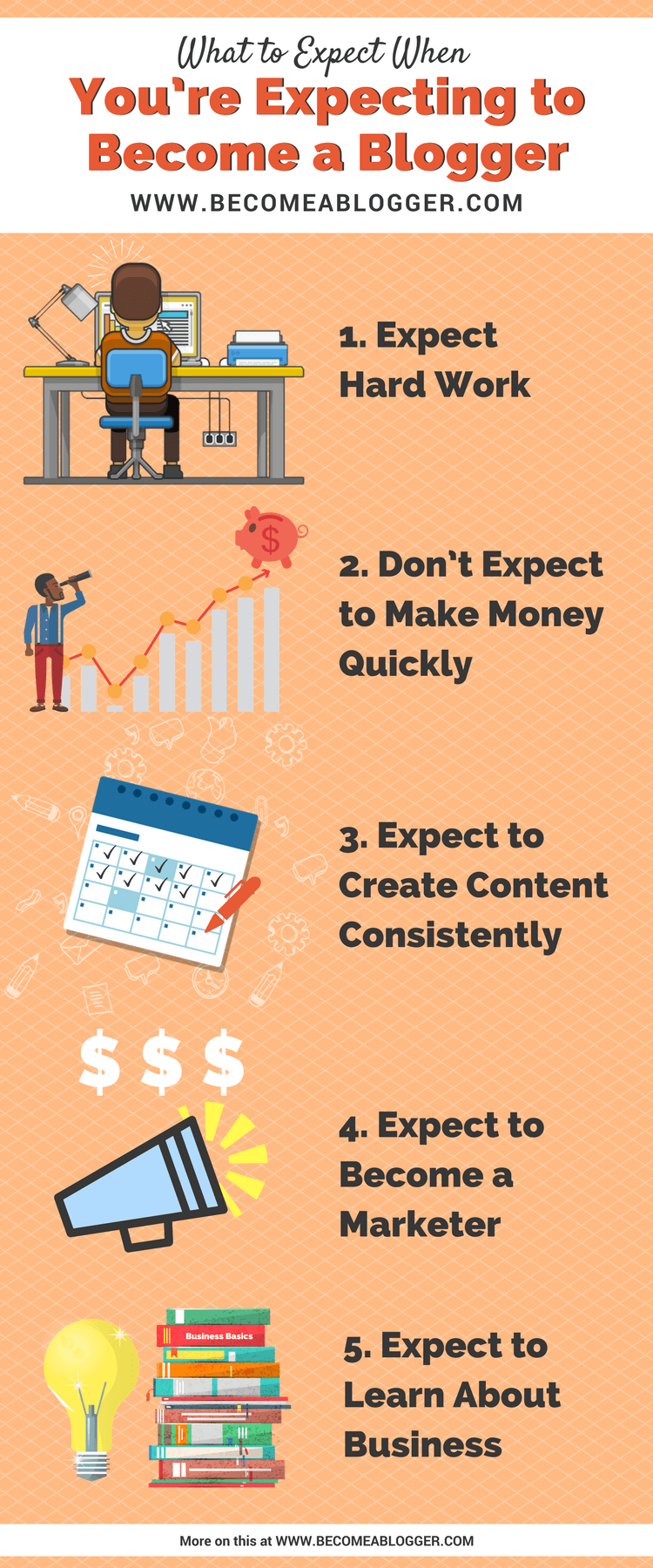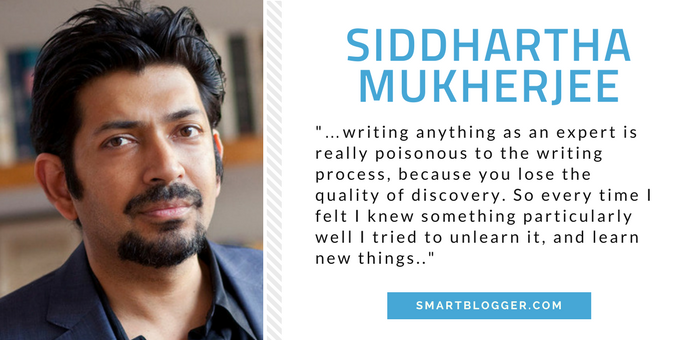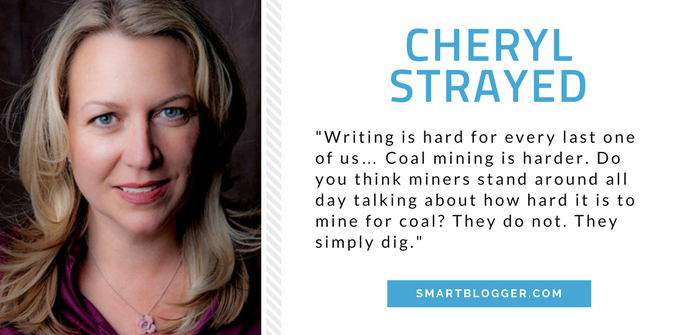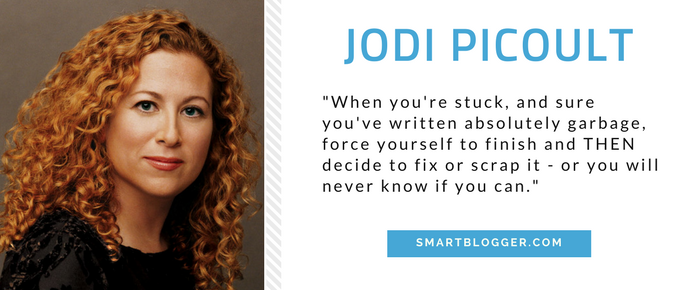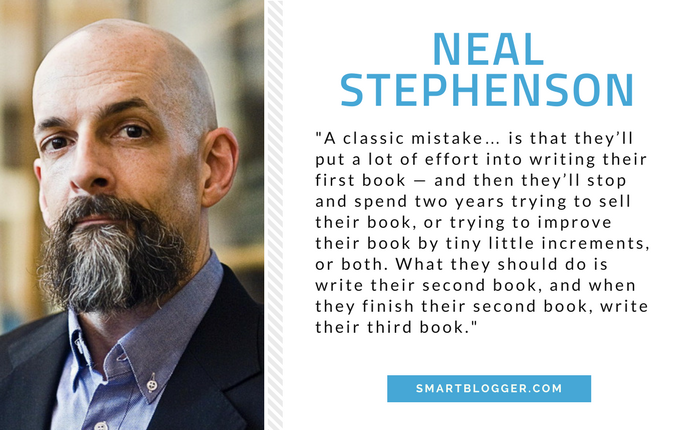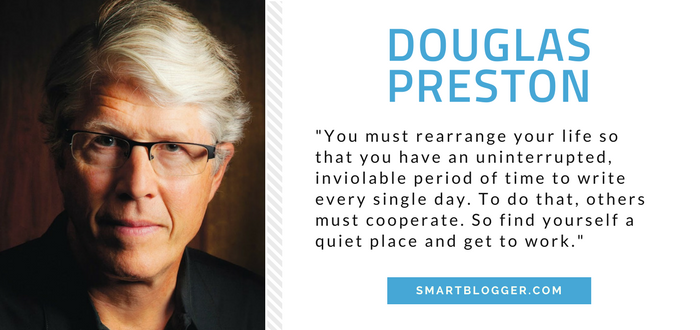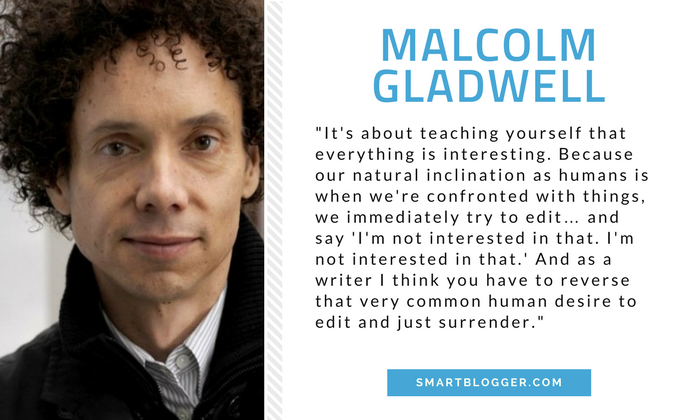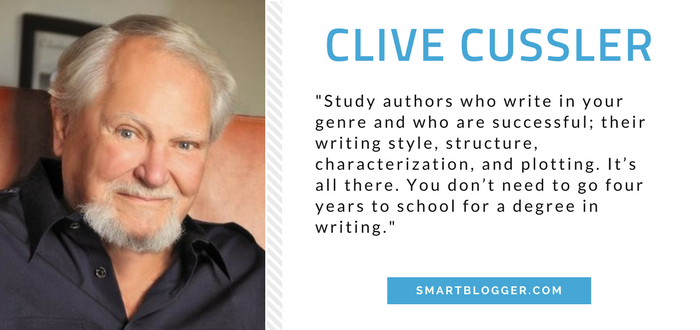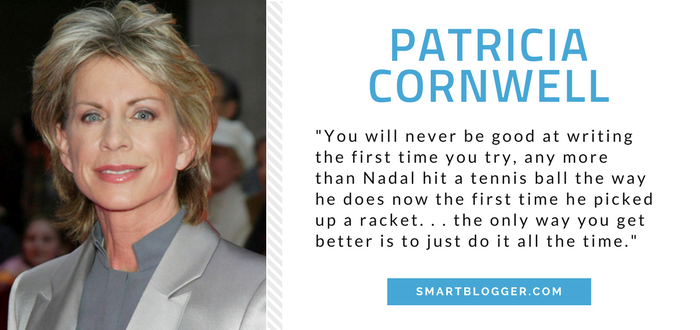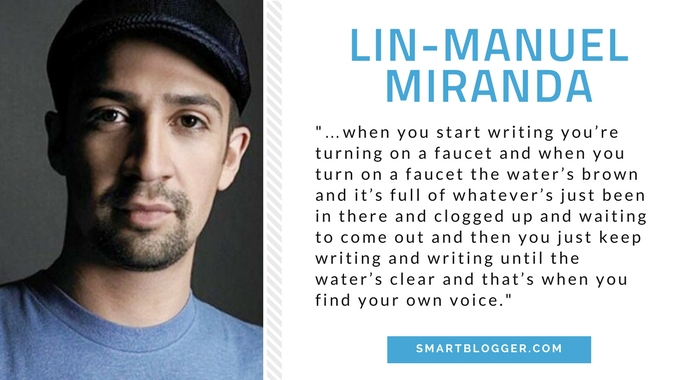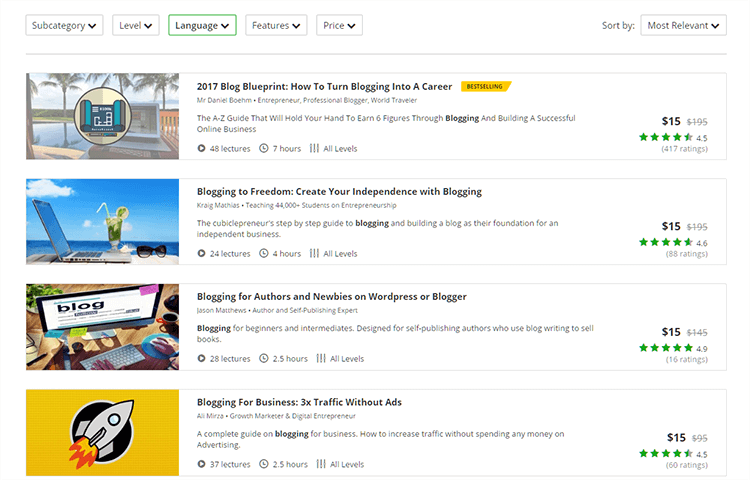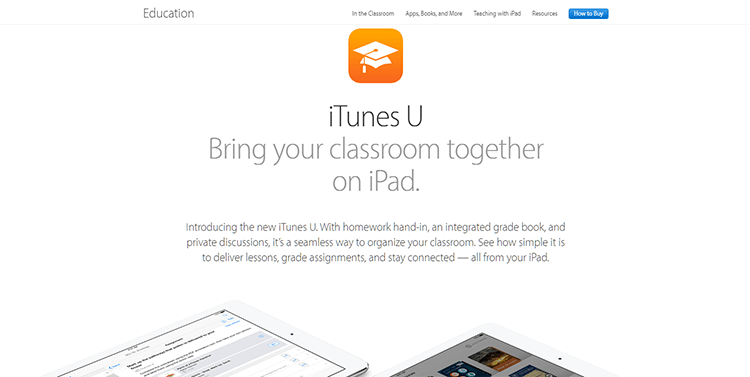Maybe they didn’t want to pay your full rate…
Maybe you didn’t like the specific project…
Or maybe you just didn’t like the client…
No judgment here, but the bottom line is: you said yes, when you wanted to say no.
BECAUSE YOU GOT BILLS TO PAY!
And then, you dread the project, from start to finish. Every call is a chore. Every piece of work takes twice as long. And the list goes on.
It just plain sucks, and you can’t help but think, “How did I end up in this position anyway?”
Here’s The Real Problem That Plagues Most Service Providers
At first, you might think, “I just need better prospects,” but that’s a temporary solution to an everlasting problem…
…because you will always need MORE clients.
I mean, think about it. Even if you mostly get great clients. There will come a time when you’re bombarded by a bunch of idiots and you’ll be STUCK.
And that’s the core problem.
When you run a service-based business, you rely on a single source of income. YOUR SERVICE. Even if it goes well most of the time, you’re still on the endless treadmill of getting paid to do work for other people.
But imagine if you had a second source of income.
A second source of income that you could fall back on when you find yourself bombarded with bad prospects.
A second source of income that continued to pay you… even if you went on vacation.
A second source of income that would pay you when you worked… and when you weren’t working.
Sounds like a pipe dream, right?
Maybe…
But consider this:
How Smart Service Providers Add A Second Source Of Income To Their Business
Hi, I’m Derek Halpern, and I’m the founder of Social Triggers. I’ll never forget when I relied on providing services for income. It was a bad situation, too. Even though I “worked for myself,” I still felt like had a boss. And sometimes that boss was a dick.
The worst part?
The BIG majority of my income came from a SINGLE CLIENT!
I mean, I made a lot. But what if that client disappeared? I’d be LOST. And that’s why I knew I needed another source of income.
But I had a BIG problem:
My main client took up the bulk of my time. So I couldn’t just go find more clients.
I had to find something that would take a minimal amount of time…
And since I had a lack of time, I had to find something that wouldn’t require me to learn anything new.
So, what could I do?
I knew I needed a product. And I had a few ideas for products. But none of those products dealt with anything I already dealt with. It was in new industries where I would have to establish a foothold and I just didn’t have time for that.
What else could I do?
Well…
That’s when I had a conversation with a friend that changed my life. My friend had launched an online business that created and sold online courses. He was previously doing some consulting work, but he decided to go the “create a course” route… and he was killing it.
I know.
It seems so trivial.
And you probably heard about creating and selling online courses and either decided that you’ll do it some day… or you decided that you’ll never do it…
But bear with me a sec.
My friend created courses that dealt with the same problems he solved as a consultant!
So, all he really did was this: instead of providing a one-on-one service, he would create an online course that solved the same issues his service solved… except he would teach people to do it for themselves.
At this point, I’ve heard about it the opportunity to create and sell online courses, but I never pursued it. I came up with all sorts of reasons why it wouldn’t work for me. Reasons like:
“I never created an online course before!”
“Why would anyone buy a course when they can get information for free?”
“Am I even qualified to teach this stuff?”
“All the good ideas are taken!”
And the list goes on and on and on.
Then, one day, I said screw it. I knew the opportunity was real. And I knew that I had to break free from the “trading time for money” trap.
So I created an online course.
And here’s what happened.
How I Made More Than $28,000 From A Simple Online Course
Yes.
Really.
I made more than $28,000 from a simple online course…
…and it looked like a complete disaster.
See for yourself.
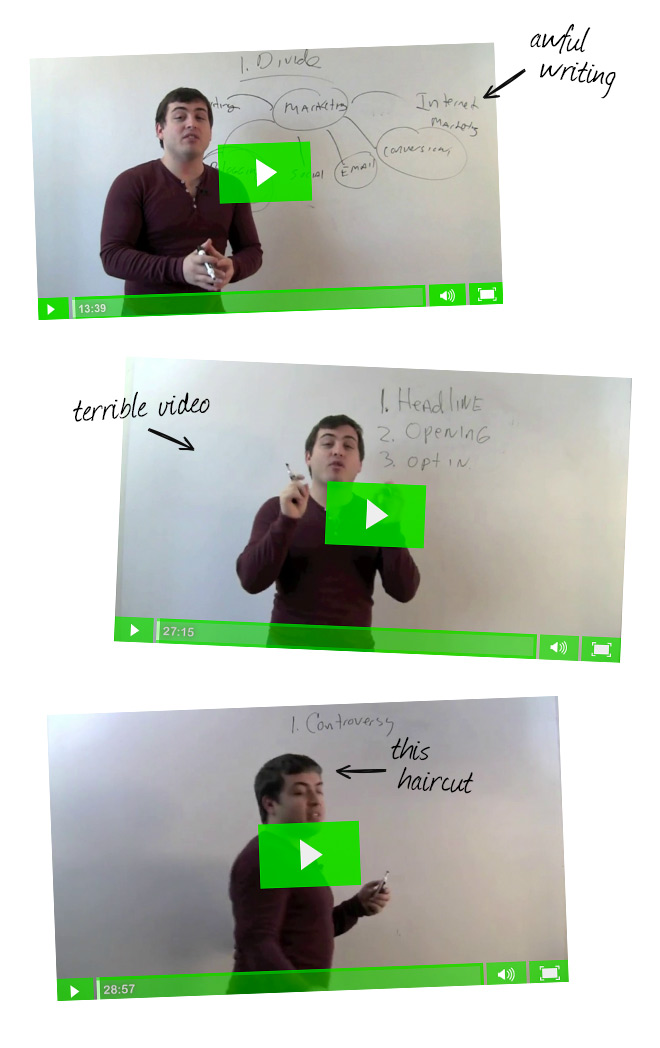
What do you see?
The videos are low quality. I had awful handwriting. And I apparently couldn’t afford a haircut…
(And what you can’t see is that I used Velcro to attach the whiteboard to the wall because I didn’t have a stand… sigh).
Clearly, I wasn’t “ready” to create a polished course.
But guess what?
NOBODY CARED.
I looked like hell. The course content wasn’t polished. And nobody complained.
Why?
Because the ONLY thing that matters with an online course is this: do you solve the problem that you promised to solve?
And I did solve it.
So I barely received any complaints.
I Sold This Course For About $100 – Here’s Exactly What I Gave People
This was a simple online course. And I sold it for around a hundred bucks. If I take inventory of what I delivered to people, it was this:
- 3 helpful training videos (each helping people solve a specific problem).
- A recorded screencast presentation
- A worksheet that helped people implement what I just taught them
I know it doesn’t feel like a lot. And if I’m honest with you, it didn’t take that long for me to create.
But here’s the deal…
The reason why I was able to create this content so quickly, and so succintly is because I had a TON of experience in my field.
After all, I was providing services solving these problems for people regularly. So all I really did was pretend like the camera was a client with a specific problem… and I told them exactly how I’d fix it.
And that’s when everything changed.
Since I made so much money from this course, I decided to reinvest the profits into making the course better.
I added more content.
I hired a professional videographer.
I added more worksheets.
And I increased the price of the course from about $100 to $200.
Then, everything changed.
Yes everything looked a lot nicer.
See for yourself:

And yea, I apparently spent some money on a tie. And a haircut.
But this new course went on to make $178,684 in sales.
A SIZABLE amount of revenue.
It was all pretty ridiculous.
I was a six figure consultant, and now I was making close to multiple six figures from an online course.
AND I DIDNT HAVE TO DO ANY OF THE WORK.
Things went so well I ended up double downing on creating and selling online courses.
And here’s what happened.
Here Are My Real Revenue Numbers By Income Source – And How They Changed
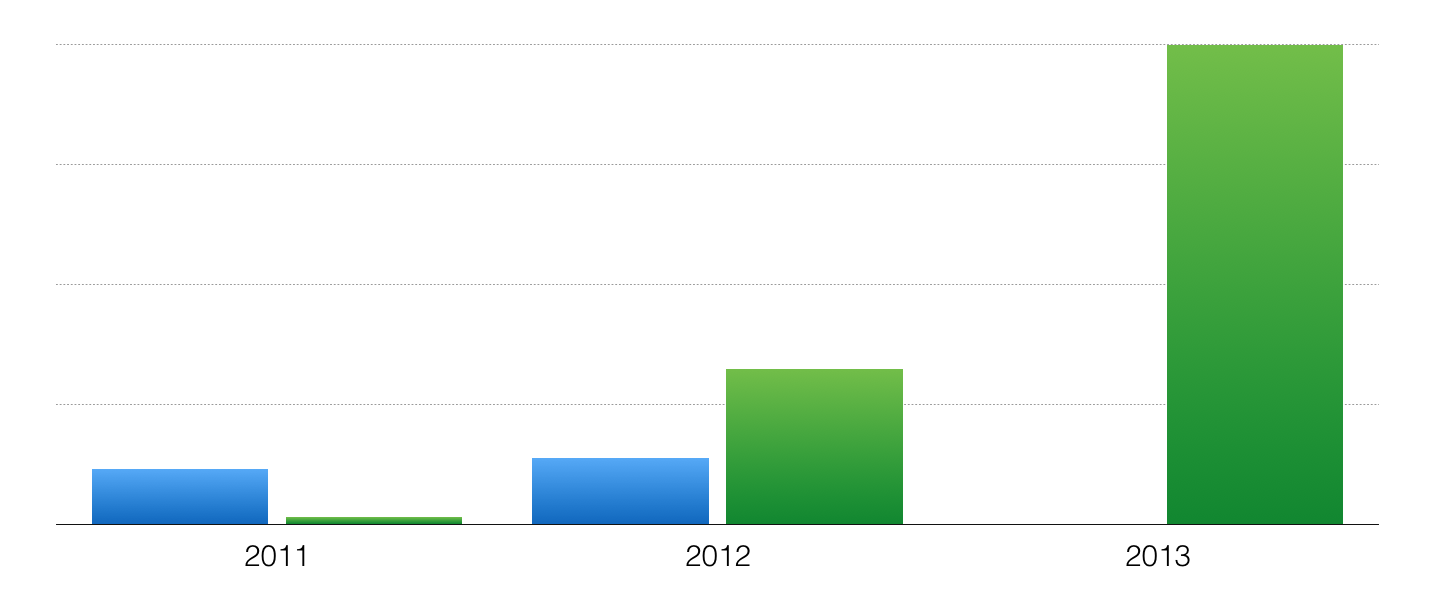
Take a look at this revenue chart…
The blue bar is income from “services.”
The green bar is income from “courses.”
As you can see, things started slow. In 2011 most of my income came from providing online services. But in 2012 things started to change. And in 2013 things completely changed. I went from focusing on providing services to just providing online courses. And I made more than I ever made ever before.
Now you might be thinking, “But Derek! You went from one source of income… to two sources of income… back to one source of income.”
And you’re right.
BUT…
In 2013 my revenue was diversified across multiple different online courses. Not just one.
Fast forward to 2017, I now have created 7 online courses, and even went on to create a downloadable software product and a saas product too.
ALL BECAUSE I TOOK A CHANCE AND CREATED MY FIRST ONLINE COURSE!
But do you know what I love most about this entire “create and sell” online courses industry?
It’s this…
It’s the CLOSEST thing to “passive” income that you’ll ever see.
Here’s why:
When you create an online course, much of the work is done “before” you create the course. Then, when you’er done, all you have to do is sell the course.
So, take a look at this revenue chart:
 Join the 12PM Live Training
Join the 12PM Live Training
This is a one-time event, and it all goes down on March 6th. It’s going to be a lot of fun, so make sure you register for the call right now.
If you have any questions, don’t hesitate to leave a comment and I’ll be here to answer them for you.
Over the last 6 years I changed my business from providing services to selling courses. And I learned a lot. I also had the pleasure of working with many different students – and they are beginning to see remarkable success as well.
Now I’d like to show you how you can do it too.
from
http://feeds.socialtriggers.com/~r/SocialTriggers/~3/X1IufZttRL8/

